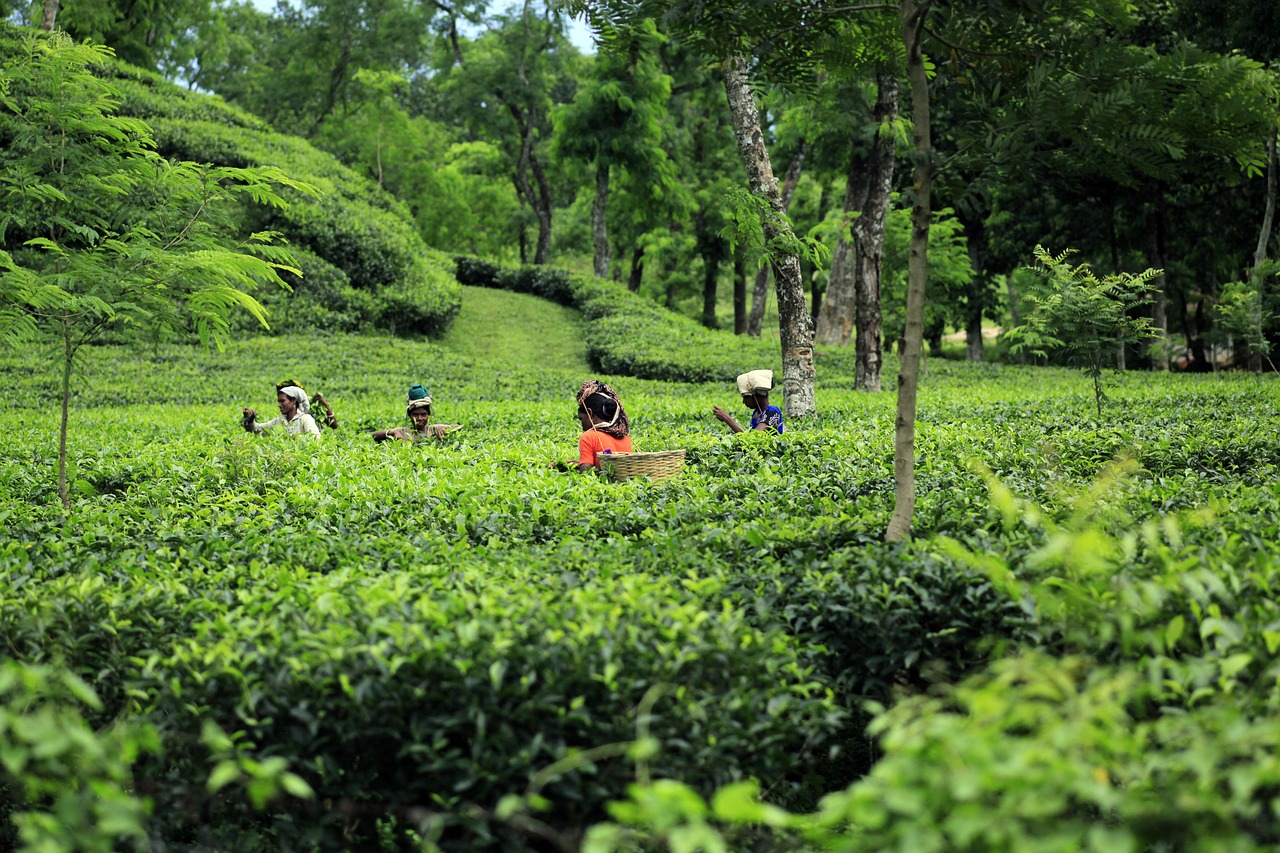Summary of Findings
Oxfam’s initiatives target the discrimination faced by low-paid, less-educated, and unskilled women workers, striving to eliminate disparities in benefits and workplace conditions. The program’s objectives include raising awareness of rights, providing essential benefits, reducing violence, enhancing workplace safety, and increasing collective bargaining power. This impact evaluation scrutinises Oxfam’s projects to assess changes in these parameters, focusing on building equal rights and workplace dignity for informal and marginalised formal women workers in Bangladesh
In terms of improving the livelihood and income of domestic workers, Oxfam’s interventions have shown notable success despite the challenges posed by inflation. While negotiations for wage adjustments proved difficult due to a constrained labour market, Oxfam’s skills training played a crucial role in enhancing soft skills that positively impacted employer satisfaction. Loyalty premiums were evident in relationships where mutual trust and satisfaction were built, contributing to income support and improved working conditions. However, the potential for income increase necessitates exploration of higher-paying opportunities in upscale neighbourhoods, a task hindered by social network limitations.
The project also focused on enhancing employability and ensuring job sustainability for domestic workers. Their employability is influenced by location and access to online platforms, with the online platform, Hello Task, offering flexibility but facing challenges such as low subscribership, safety concerns, and unpredictability. Nevertheless, Hello Task was useful for career development opportunities. Thus, skills training mitigated some of the challenges of online platforms by making highly skilled workers more attractive to employers.
Addressing the care work burden, the project made progress in influencing employers and family members to share responsibilities. Despite positive shifts in social norms and reduced care work burdens, challenges persist, particularly in worker families where the husbands are in highly demanding jobs. While workshops have contributed to a better understanding and pooling of family income, profligate expenditures by some husbands pose threats to savings.
The impact of the project appears to have been mixed. On one hand, the Securing Rights Project positively influenced attitudes. On the other, not a lot of practical improvements happened on the policy side. Overall, however, enhanced relationships between employers and employees, facilitated by Oxfam interventions, have led to better working conditions, increased benefits, and amenities. While tensions remain over issues like paid leaves, increased trust between employers and workers has positively impacted the well-being of domestic workers.
Tea garden workers
Oxfam’s intervention with tea garden workers has yielded more modest success than with domestic workers. The reason for this is the political economy dynamic that the sector is entrenched in, which makes crucial issues, such as wage structure negotiations, fraught with danger. Therefore, Oxfam’s impact on tea garden workers has been mostly limited to other, less controversial, avenues. For instance, Oxfam’s focus on care work burdens revealed some successes. Childcare facilities were established, reducing women’s care responsibilities. Dialogues and interventions aimed at shifting societal norms around caregiving further contributed to a more equitable distribution of care work within tea garden communities. In addressing social norms, Oxfam’s intervention empowered workers to negotiate with tea management, perhaps over time fostering a potential shift towards a more humane work culture. The project also tackled early marriage challenges, demonstrating the effectiveness of collaboration with local partners and the systematic resistance of tea gardens against underage marriages.
Furthermore, Oxfam’s influence extended to quality-of-life improvements, particularly in health and sanitation. While challenges persist, such as inadequate facilities and hazardous conditions during monsoons, Oxfam’s advocacy efforts and collaborations with owners led to enhancements in living conditions, including access to clean water, sanitation facilities, and shelters against extreme weather. Furthermore, Oxfam’s focus on professional organisation and life skills development showcased a subtle transformation in workers’ confidence and understanding of rights. Group formations and ongoing interactions generated unplanned yet empowering dynamics, emphasising the importance of continuous engagement.
While the demand for career development remains low among tea garden workers, Oxfam’s initiatives could diversify livelihoods and enhance skills. Lastly, Oxfam strengthened reporting mechanisms for gender-based violence and child marriages, contributing to a more organized approach to addressing these issues. Despite the limited direct reduction in workplace gender-based violence, the strengthened reporting mechanisms are likely to have a positive impact.

